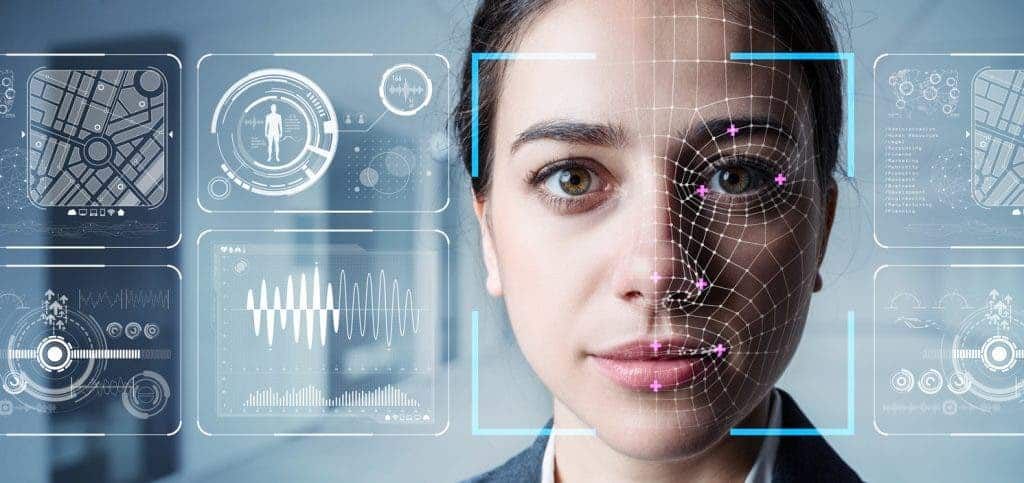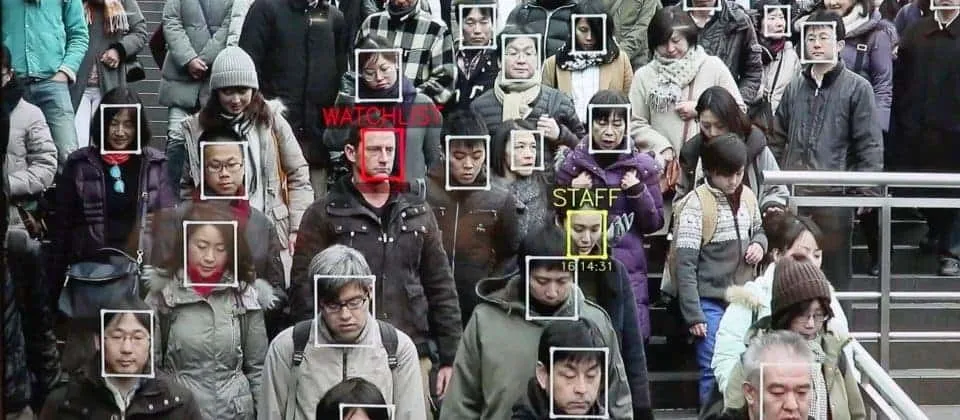The city council of Minneapolis, the largest city in the state of Minnesota in the United States, passed without objection on February 12 to block the use of facial recognition technology in the city. So far, more than ten cities across the United States have banned related technologies. They include Boston, San Francisco, Oakland, two Portland cities to Minneapolis, and other.
Also Read: The U.S. Police Demanded Google To Hand Over User’s Smartphone Location Records
The city councillor Steve Fletcher said that citizens expressed strong concerns about technologies that violated their privacy without consent. This includes capturing faces without consent and performing extensive automated monitoring. So they decided to standardize related technologies.

“We have heard strong concerns from community about technology that invades their privacy without their consent, and we need to regulate it,” said Council Member Steve Fletcher, who authored the ordinance. “This ordinance bars its use by City departments with some narrow exceptions that do not risk harm to its subjects.”
Facial Recognition Causes A Lot Of Questions
In fact, it is not just a privacy issue. The inaccuracy of current facial recognition technology for specific races or genders also brings hidden concerns. Minneapolis does not want to further harm those who are already disadvantaged.
According to a report by Star Tribune, the largest local media, this rule prohibits the city’s police or municipal agencies from adopting facial recognition technology, including not purchasing related technologies or using data derived from this technology. Only a few exceptions and applications must be submitted and reviewed.
“Facial recognition technology works pretty well if you look like me – a middle-aged white man – but for everyone else, it can fail at rates that we would not accept anywhere else,” Fletcher added. “It is unacceptable for us to subject people in our city – particularly women of color – to such a high level of risk.”
This Minneapolis provision is based on the city’s data privacy guidelines. They require that city agencies must pay attention to personal privacy when collecting personal data. They also must provide logical reasons and be transparent about the collected content.






Place comments
0 Comments
You are currently seeing only the comments you are notified about, if you want to see all comments from this post, click the button below.
Show all comments